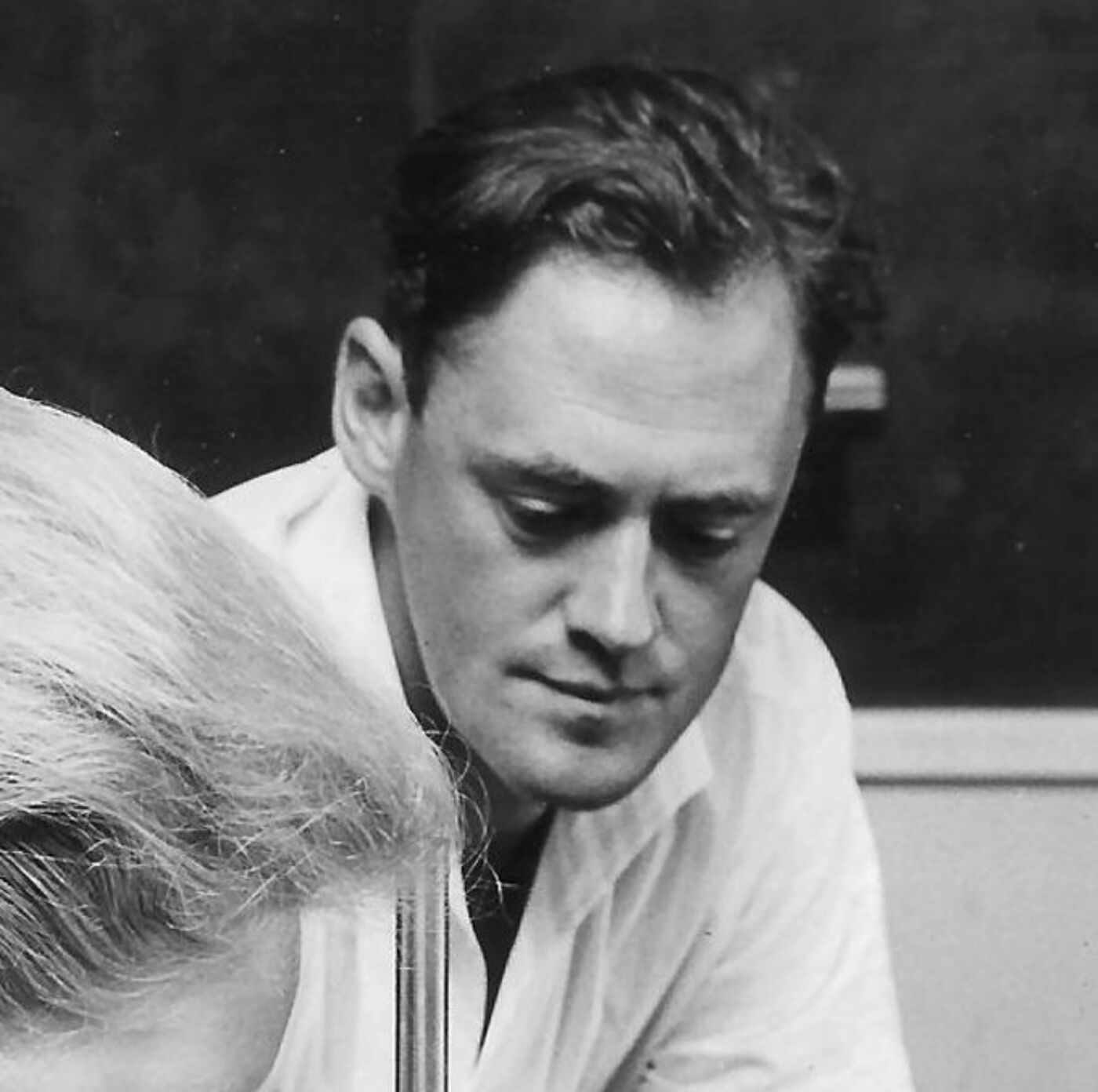Feline leukaemia virus
Feline leukaemia virus (FeLV) is a gammaretrovirus that infects domestic cats and wild felids, including wildcats, lynxes and African big cats. Infection with FeLV is the primary cause of cancer in domestic cats worldwide.
FeLV infection is generally diagnosed by the detection of viral protein (p27) in the blood of the infected cat. With the introduction of diagnostic tests, and widespread use of effective vaccines, the prevalence of FeLV infection has decreased greatly over the past 20 years. Associated with this decreasing prevalence is an increased risk of false-positive results in diagnostic tests. The reliable identification of FeLV-infected cats is a priority, especially for cat shelters, as the prognosis for infected cats is poor.
CVR researchers are investigating whether current diagnostic tests are failing to detect some regressive FeLV genotypes, and whether cats harbouring such FeLV genotypes have the potential to produce replication-competent viruses that might be transmitted to other cats.
Contact: Brian Willett, Margaret Hosie
[Top]

FeLV was discovered in 1964 by Bill Jarrett at the University of Glasgow

